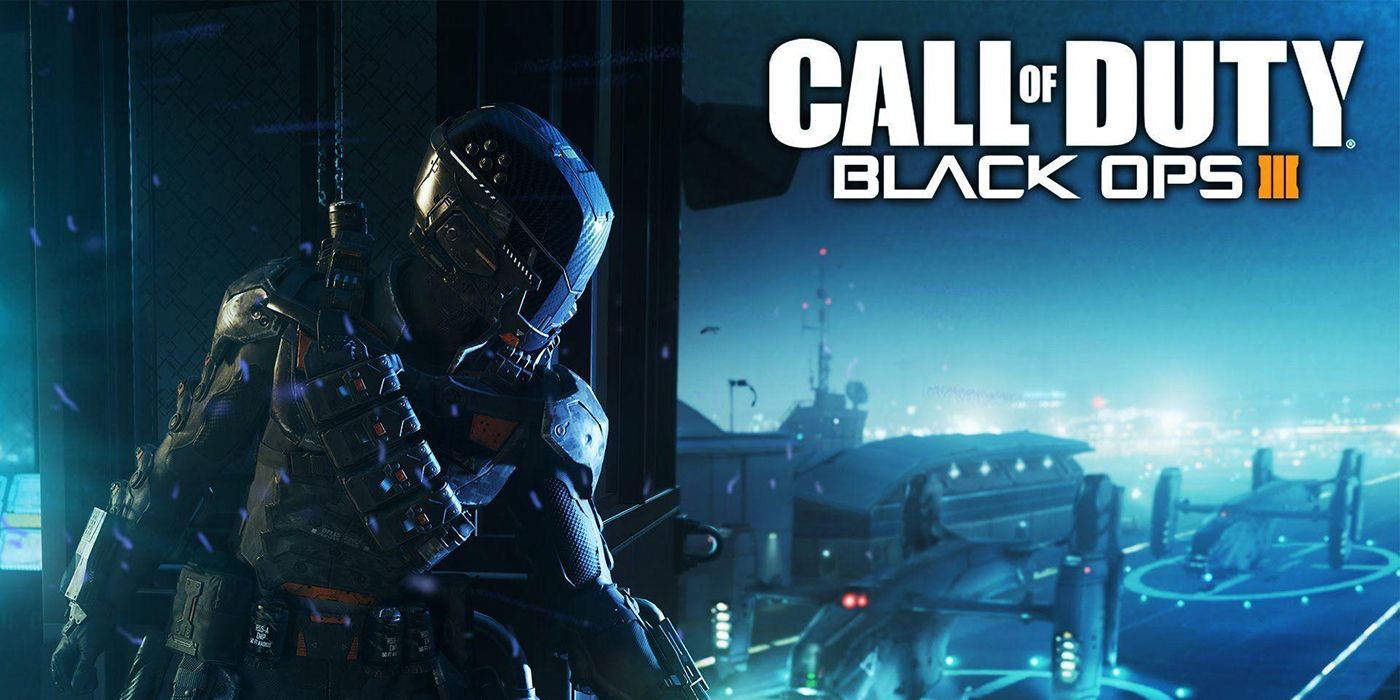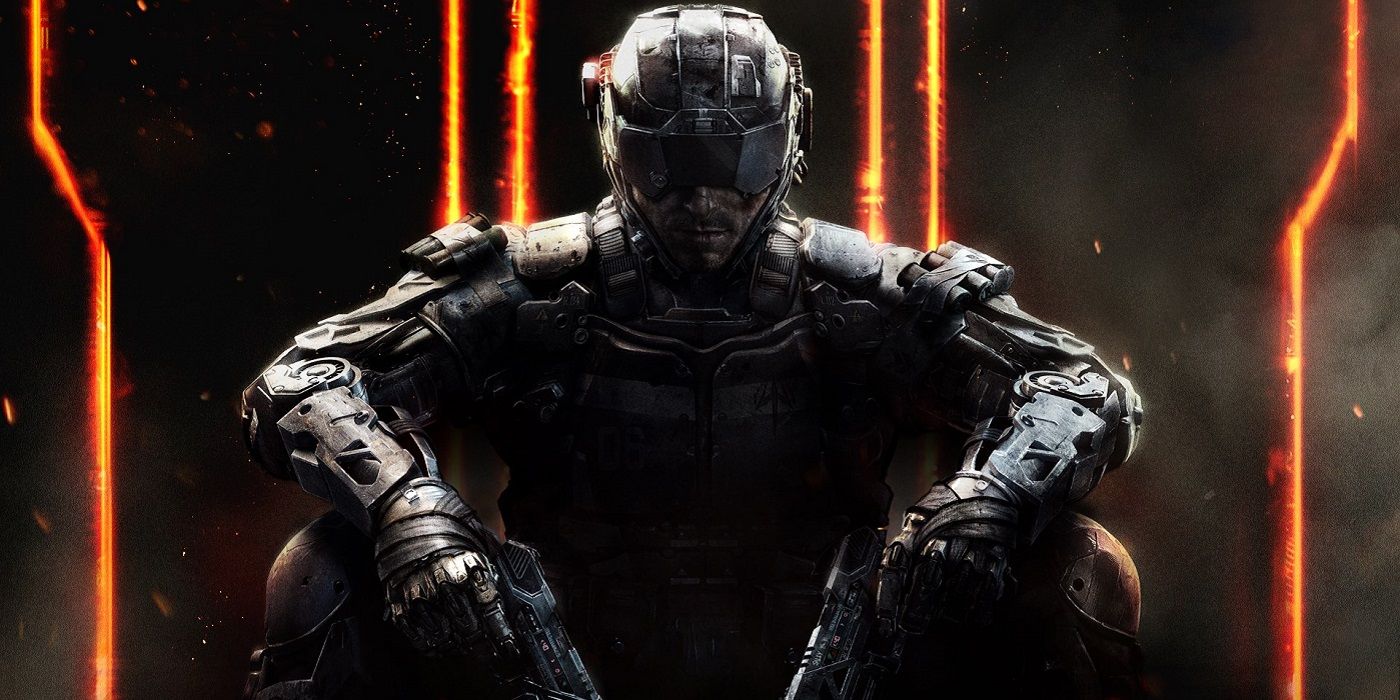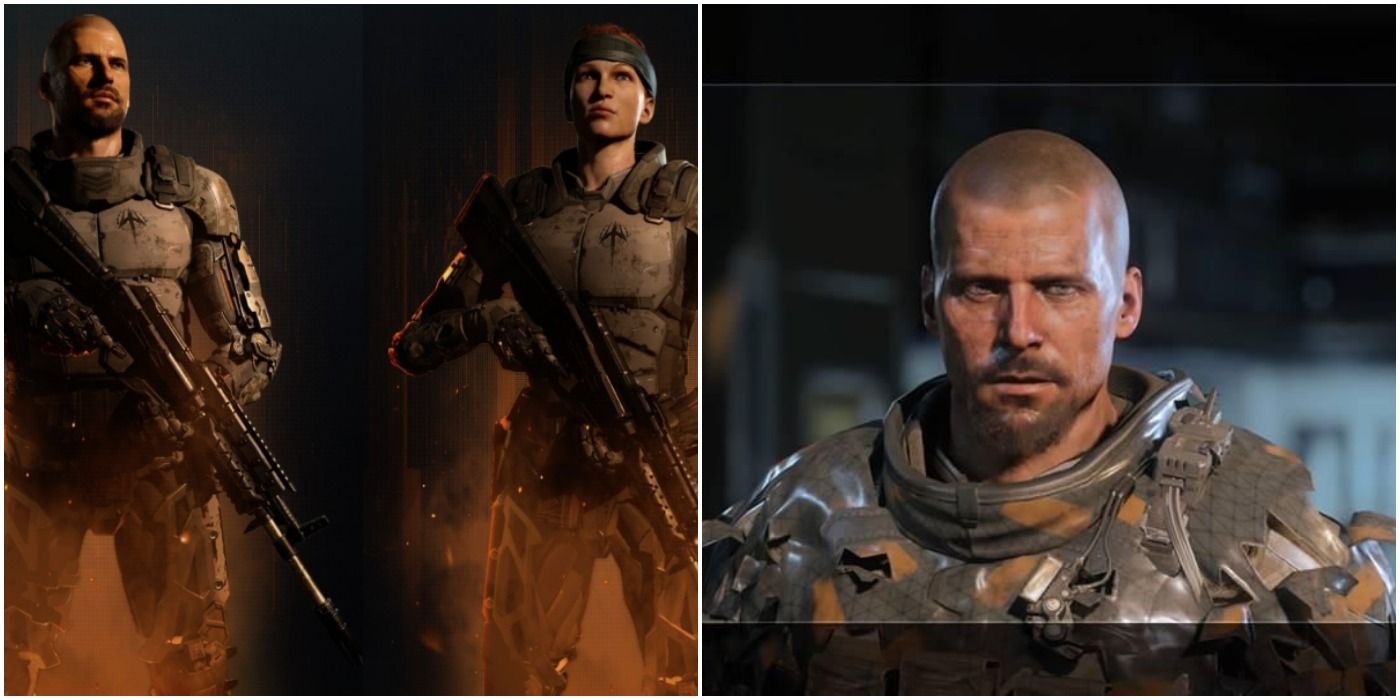Call of Duty: Black Ops 3’s Campaign Was Misunderstood

Call of Duty: Black Ops 3 is remembered fondly for its Zombies offering, as many consider it to be the peak of the round-based survival mode. Further, its multiplayer was received surprisingly well, with many viewing it as the best of the futuristic Call of Duty titles. Still, for all the praise that Treyarch received for mastering Zombies and perfecting Exo movement in online play, the game’s campaign is viewed as the black sheep of the family. This is not without reason, as this story offering had its problems.
Despite its issues, though, the Call of Duty: Black Ops 3 campaign does not deserve a fraction of the hate it has received over the past few years. The game’s story shows Treyarch experimenting in a way that one would not expect from Call of Duty, and that is a huge part of what led to the campaign’s downfall. However, while it is not the action-packed and setpiece-filled military shooter one would expect, Call of Duty: Black Ops 3’s campaign is not bad. Instead, it is simply misunderstood, with some brilliant writing and clever mechanics going underappreciated over four years later.

Above all else, Call of Duty: Black Ops 3’s campaign is described as confusing and convoluted. This is less of opinion and more of a fact, as Treyarch intentionally did all that it could to confuse the player. For example, the narrative is told out of order, with the first two campaign missions being the story’s ending. Players who finish the game could discover the proper order by going back and reloading every mission. At the start of each level, there is a protocol name, with military-like phrases such as Oscar, Echo, and Alpha used. If players take the first letter from each, they can spell out the phrase “WE ARE TAYLOR.” This phrase reveals the proper mission order, allowing players to understand the story easier.
Missions being out of order is hardly the only twist players likely missed in Call of Duty: Black Ops 3’s campaign, however, as it is really only the tip of the iceberg. At the start of each mission, a huge wall of text scrolls in the bottom left corner before getting blacked out in the classic, confidential style. If players pause while this text is scrolling, they can read it clearly, and this text reveals an entire second storyline. While this would be wild on its own, what makes it more insane is the fact that this text tells the real story. What players are really playing is a simulation, with their character not even being their character.
This wall of text reveals that, after the “first” mission (chronologically the last), the player-made character dies. Having their arms and a leg removed by an enemy robot, even the advanced technology of 2065 cannot save them. Though it appears as if players survived when playing the campaign in the order it is originally presented, they did not. The story actually ends with the player dying on the operating table. In an attempt to save them, the player’s soldier was hooked up to a DNI, a device that connects them to other CIA agents and allows them to use cybernetic enhancements.
Within this DNI is an AI called Corvus, with this AI slowly becoming sentient after interfacing with so many people. Having the strongest connection to Taylor, what players are seeing in much of the campaign is the AI’s recreation of Taylor’s life and story. Taylor’s relationships, fights, and decisions are all seen as the player passes away on the operating table — with another person’s life flashing before the player’s eyes as they die. A truly complex story that only gets more confusing due to the AI renaming characters, it is understandable why so many fans missed the true story. However, with collectibles and data logs only fleshing things out further, the game’s narrative is quite the accomplishment.

Call of Duty: Black Ops 3’s campaign had more going for it than just a trippy and dense plot, however. In terms of gameplay, the entirety of the campaign was playable in co-op. Apart from half the missions in Call of Duty: World At War, co-op during a Call of Duty campaign was unheard of — and it has not been seen since the third Black Ops title, either. Co-op worked incredibly well inside the game, though, with players able to carry out every single mission with friends.
In between campaign missions, players returned to the Headquarters, a small base where they could read up on the story via the data terminal. They could also play music via a music player, which included the campaign and multiplayer scores as well as several Call of Duty Zombies tracks. Players could display collectibles in their private rooms while also having the ability to change their outfits, and finally, all players could enter a combat simulator that allowed them to face increasingly tough challenges. While this rest area only worked because of co-op, it helped to make playing with friends stand out even more.
Finally, Call of Duty: Black Ops 3 had light RPG elements. Alongside character creation like Call of Duty: Black Ops Cold War, players could level up their Cyber Cores. Tied to their exo suits, these powers were a blast to use and added another layer to gameplay. Players could reprogram robots, chain electricity between enemies, and hijack controllable drones. Other cores allowed players to send fiery nanobots at foes, stun them with a wave of energy that makes them deathly ill, or rip out robot “hearts” that could be used as a grenade of sorts. Players had 21 of these unique skills to make use of, with the three categories giving players variety in their gameplay experience.

Despite Call of Duty: Black Ops 3 having a layered story, an interesting setting, and incredibly deep gameplay mechanics, the campaign did not connect with many players. On most fans’ tier lists, this story mode ranks near the bottom, with the first two Black Ops and Modern Warfare campaigns usually placed far above Call of Duty: Black Ops 3. With the previous campaigns of the Black Ops subseries hitting big with fans, Black Ops 3’s was considered a disappointment for many — and there are a few key reasons for this.
First, one of the campaign’s biggest flaws is that it is Black Ops in name only. Apart from one small mention of Raul Menendez’ movement, there is not a single connection to the game’s that came before. Fans with a connection to characters like Woods, Mason, and Reznov were let down by this, as any questions players had on these characters remained unanswered. Likewise, with no connection to the protagonists of old, players had no reason to care about this new narrative or the random soldier they controlled. Had Black Ops 3 gone by a different name, perhaps it would have been more accepted by fans.
The other issue with Call of Duty: Black Ops 3’s campaign is that it was too complex for its own good. After all, the mission order puzzle is a lot to ask of a casual audience and pausing the game to read the pre-mission text is even more demanding. When players load up a Call of Duty game, they expect to see action and a straightforward story with likable, heroic soldiers. Instead, Call of Duty: Black Ops 3 was nothing like this. While a CIA conspiracy and classic, Black Ops twists were present, everything else was foreign to fans of the series. Everything about the campaign is risky and different, and for a vast majority of the community, these risks did not pay off.
For some, though, this campaign is viewed as fondly as any other. Players that are willing to put the time into uncovering the true story and those interested in wielding some futuristic powers with a friend should consider giving this campaign another look. After all, with Call of Duty: Black Ops 3 in the PS Plus Collection, now is as good of a time as any.
Call of Duty: Black Ops 3 is available now on PC, PS3, PS4, Xbox 360, and Xbox One.

Post a Comment